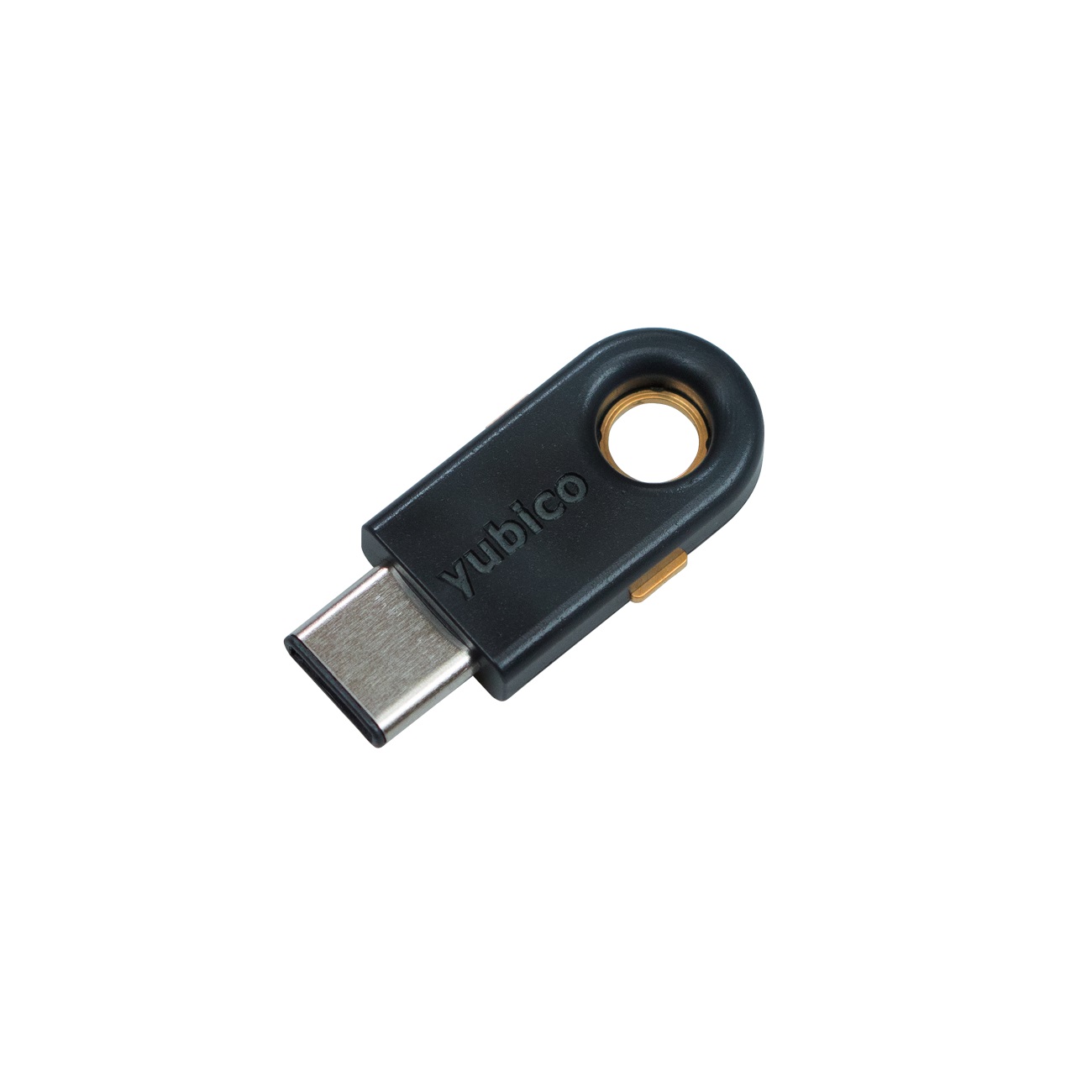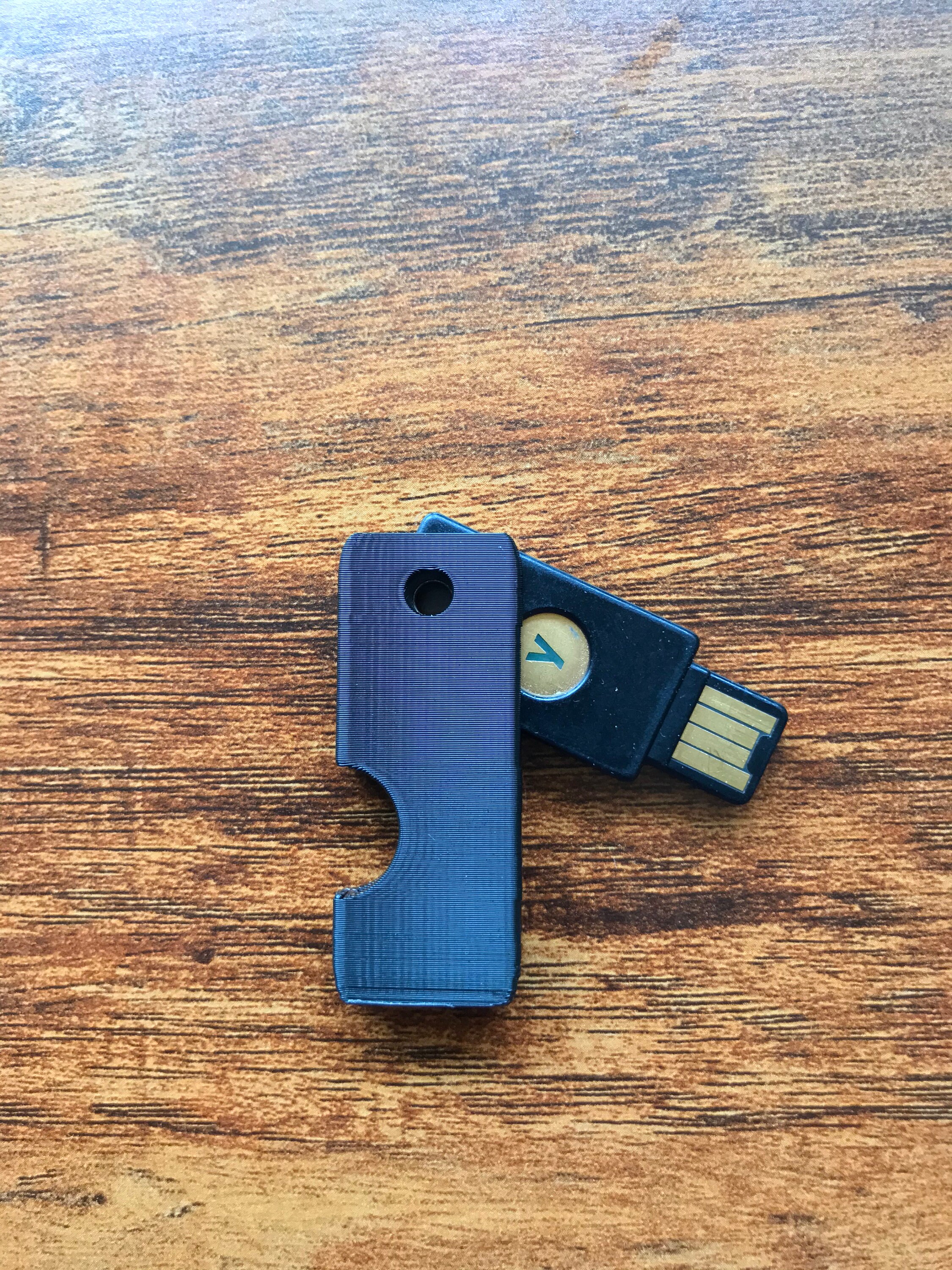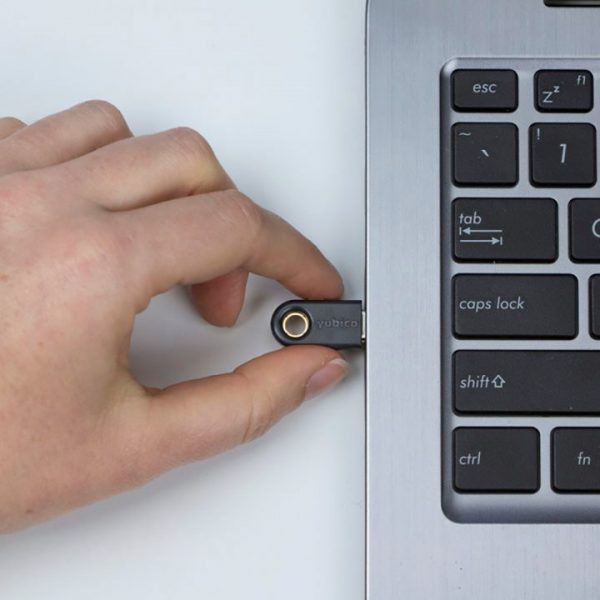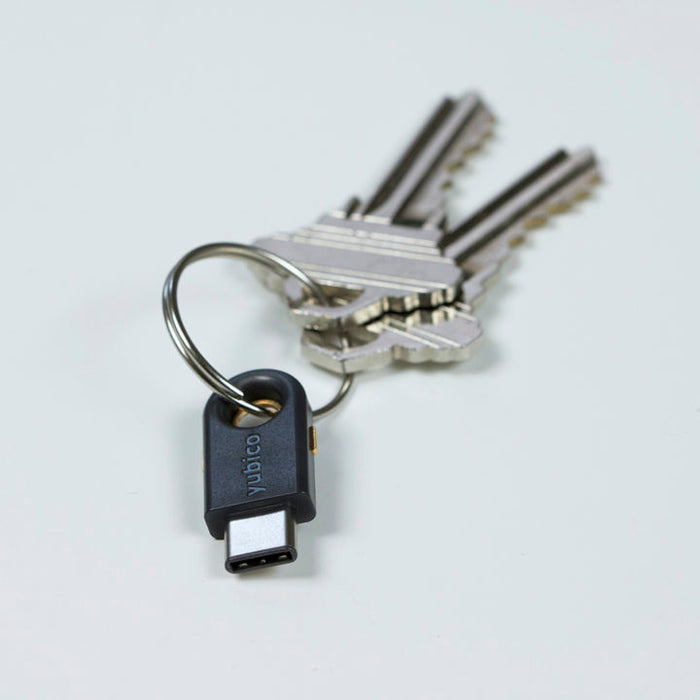

In this guide, we talk about each YubiKey model. Thinking of buying a YubiKey? Not sure which one is best for you? Read on to learn everything you need to know about which YubiKey you should buy. But, boy, I was in for a big surprise.Plus more. I foolishly assumed that it would work out of the box. However, I soon discovered that a user named autovivek can still log into the server and make changes despite being locked down on both Linux and FreeBSD servers. $ sudo pw lock -n autovivek A cautionary tale about locking Linux and FreeBSD user accounts For example, here is how to lock down a user account: Sounds good, right? So, when I need to make backups and other tasks, I lock down the autovivek user account on the server so that it will not modify data on disks. In other cases, it sends scripts and then executes them on the remote server named 192.168.2.17. I have a dedicated user account for that purpose called autovivek on Raspberry PI 4 for Ansible and custom script automation.

For example, one of my scripts logs into my Linux and FreeBSD server using public ssh keys and does a particular type of work for me. Some stuff is automated using scripts, and others require ssh login.

Like every other solo developer and sysadmin, I do stuff using ssh. Once logged into bastion host, you can access all other cloud servers easily. The server generally hosts an sshd process, and all other services are removed.

It is a special-purpose server on a network specifically designed and configured to withstand attacks. In the corporate environment, we have a bastion host that allows ssh access with Yubikey. In other words, ssh login will not work when malware or attacker has stolen your passphrase and ssh keys as they can not insert YubiKey and press the button on it to complete OTP for ssh keys. In both cases, you need to insert your YubiKey (or any FIDO2 compatible hardware key) into a USB port and complete the authentication. To avoid this mess, we can protect our ssh keys stored on local dev/desktop machines using physical security keys such as YubiKey. If your keys are stolen, an attacker can get access to all of your cloud servers, including backup servers. Unfortunately, you are not protecting ssh keys stored on a local desktop or dev machine at $HOME/.ssh/ directory. Once copied, you can now login to those servers without a password as long as ssh keys are matched. Then you copy your public ssh key to a remote cloud server. For example, say you have a server at Linode or AWS. All Linux and Unix servers are managed manually or by automation tools such as Ansible using ssh.


 0 kommentar(er)
0 kommentar(er)
